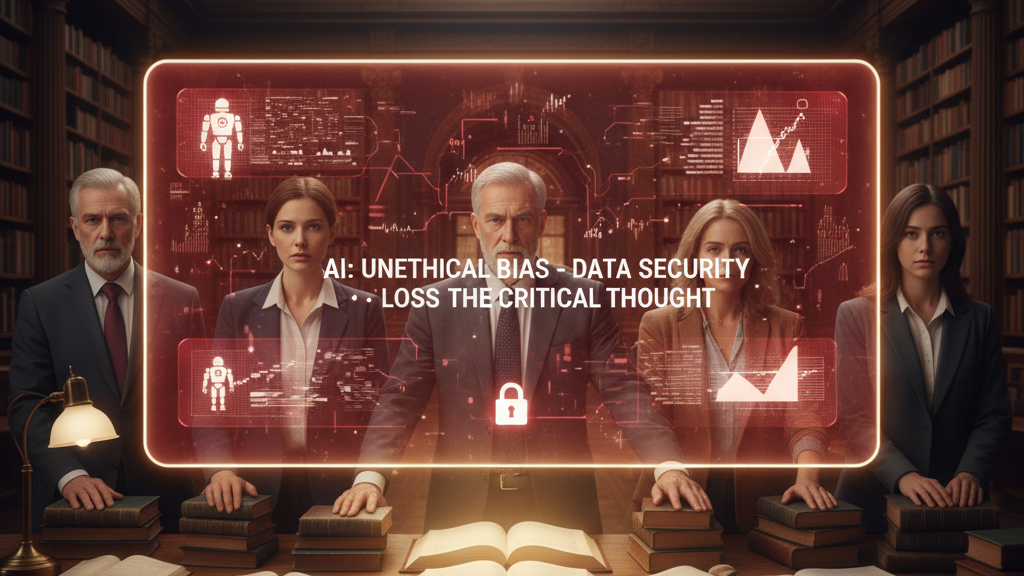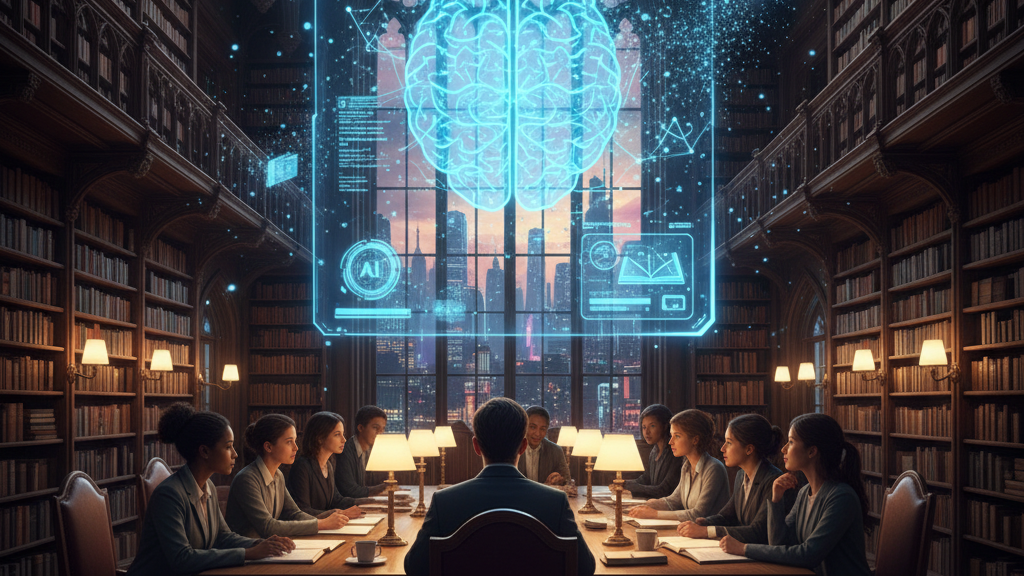Source
Tertiary Education Quality and Standards Agency (TEQSA), Australian Government
Summary
This resource addresses how Australian higher education can reform assessment in response to the rise of generative AI. Building on earlier work (Assessment Reform for the Age of Artificial Intelligence), it sets out strategies that align with the Higher Education Standards Framework while acknowledging that gen AI is now ubiquitous in student learning and professional practice. The central message is that detection alone is insufficient; instead, assessment must be redesigned to assure learning authentically, ethically, and sustainably.
The report outlines three main pathways: (1) program-wide assessment reform, which integrates assessment as a coherent system across degrees; (2) unit/subject-level assurance of learning, where each subject includes at least one secure assessment task; and (3) a hybrid approach combining both. Each pathway carries distinct advantages and challenges, from institutional resourcing and staff coordination to maintaining program coherence and addressing integrity risks. Critical across all approaches is the need to balance immediate integrity concerns with long-term goals of preparing students for an AI-integrated future.
Key Points
- Generative AI necessitates structural assessment reform, not reliance on detection.
- Assessments must equip students to participate ethically and critically in an AI-enabled society.
- Assurance of learning requires multiple, inclusive, and contextualised approaches.
- Program-level reform provides coherence and alignment but demands significant institutional commitment.
- Unit-level assurance offers quick implementation but risks fragmentation.
- Hybrid approaches balance flexibility with systemic assurance.
- Over-reliance on traditional supervised exams risks reducing authenticity and equity.
- Critical questions must guide reform: alignment across units, disciplinary variation, and student experience.
- Assessment must reflect authentic professional practices where gen AI is legitimately used.
- Ongoing collaboration and evidence-sharing across the sector are vital for sustainable reform.
Conclusion
The report concludes that assessment reform in the age of AI is not optional but essential. Institutions must move beyond short-term fixes and design assessment systems that assure learning, uphold integrity, and prepare students for future professional contexts. This requires thoughtful strategy, collaboration, and a willingness to reimagine assessment as a developmental, systemic, and values-driven practice.
Keywords
URL
https://www.teqsa.gov.au/guides-resources/resources/corporate-publications/enacting-assessment-reform-time-artificial-intelligence
Summary generated by ChatGPT 5




